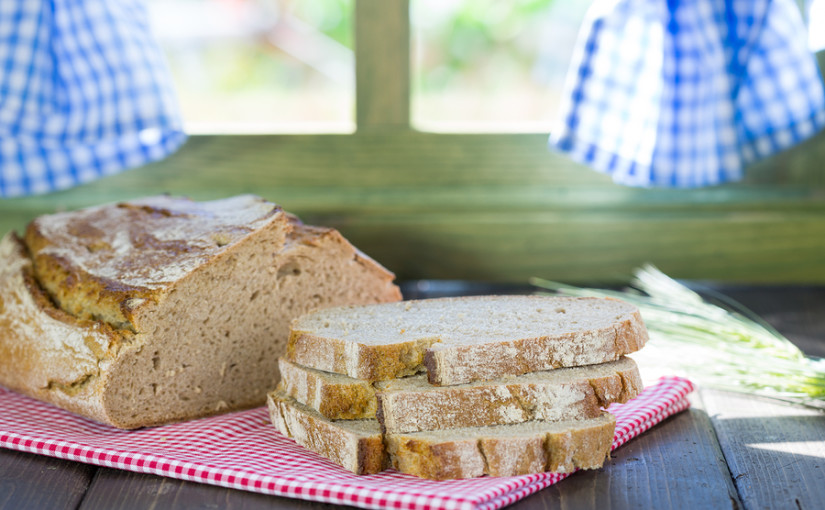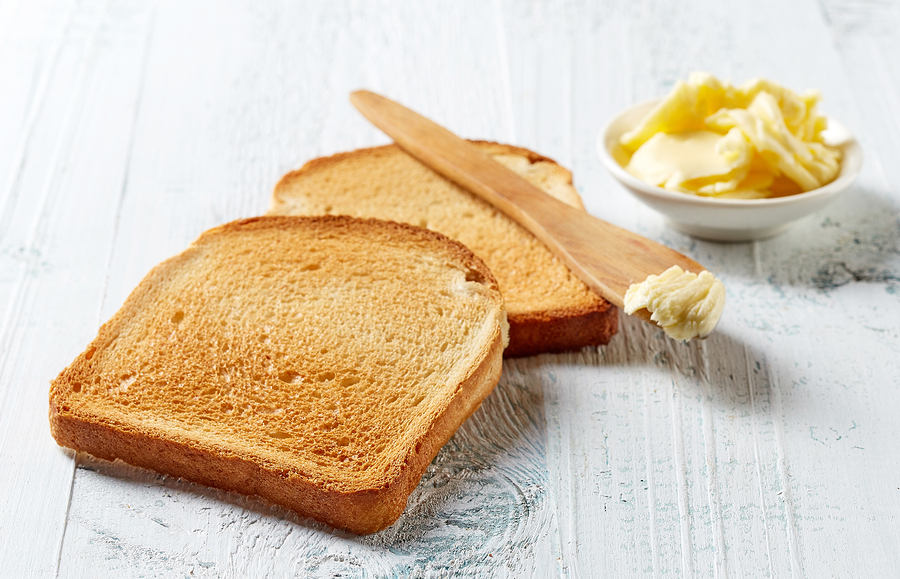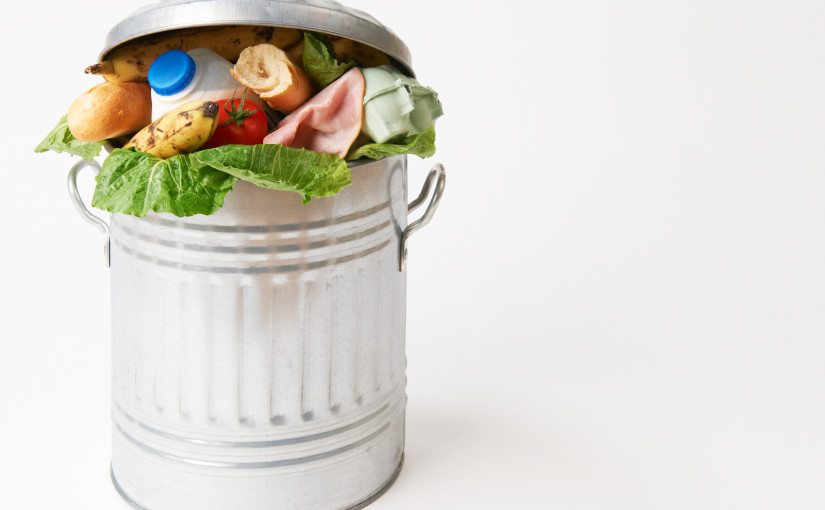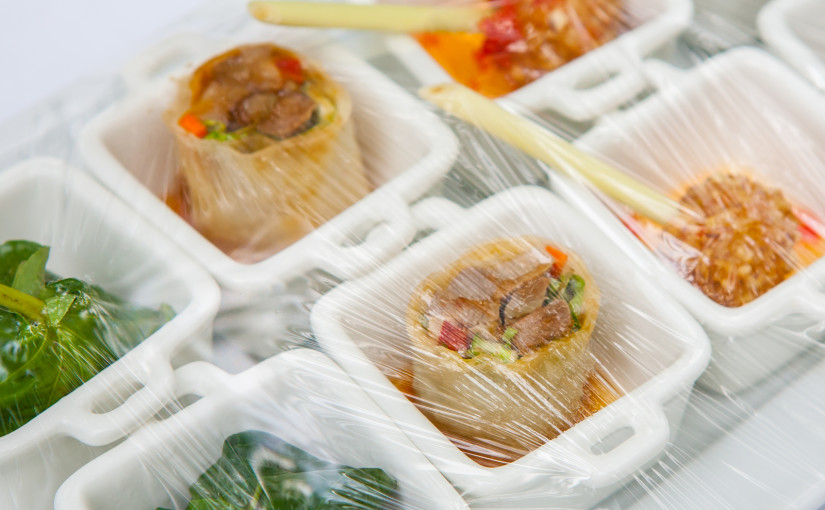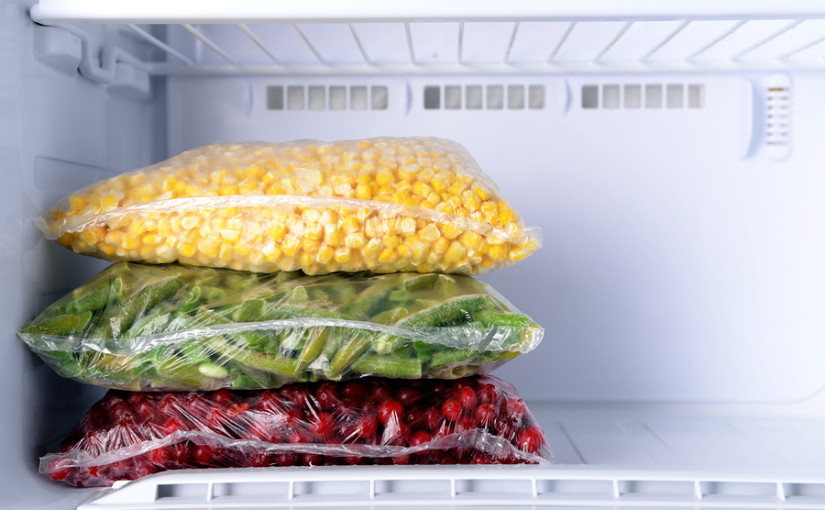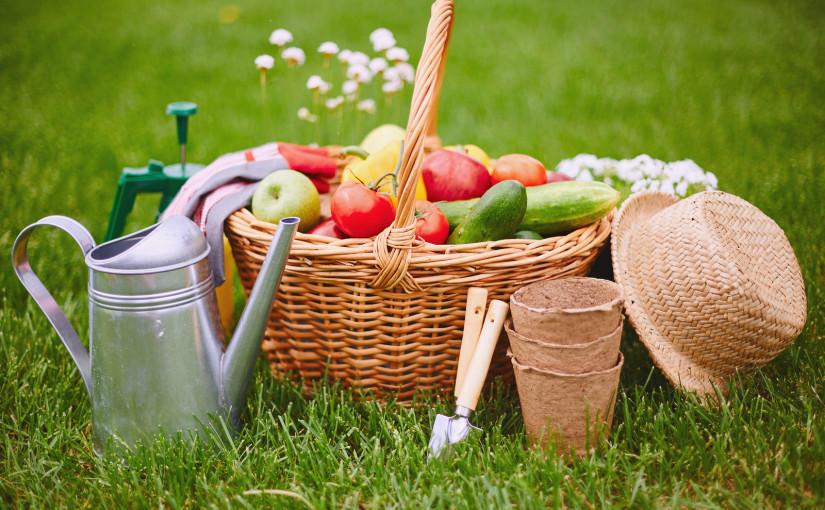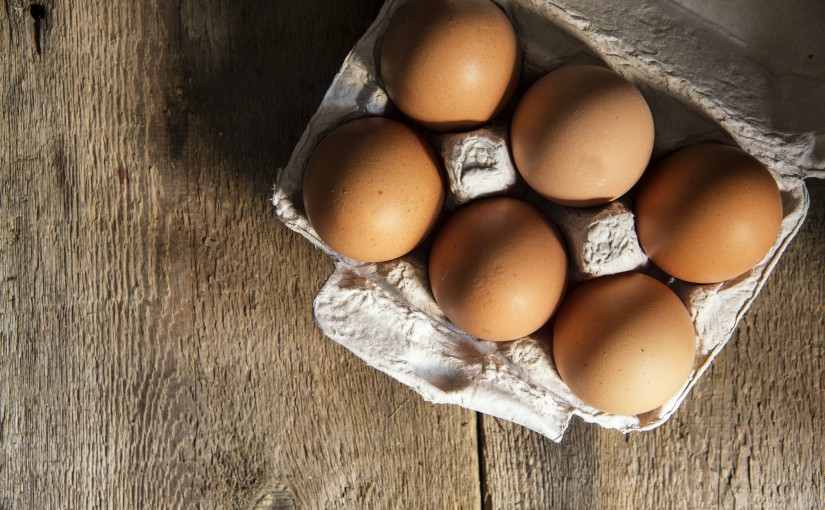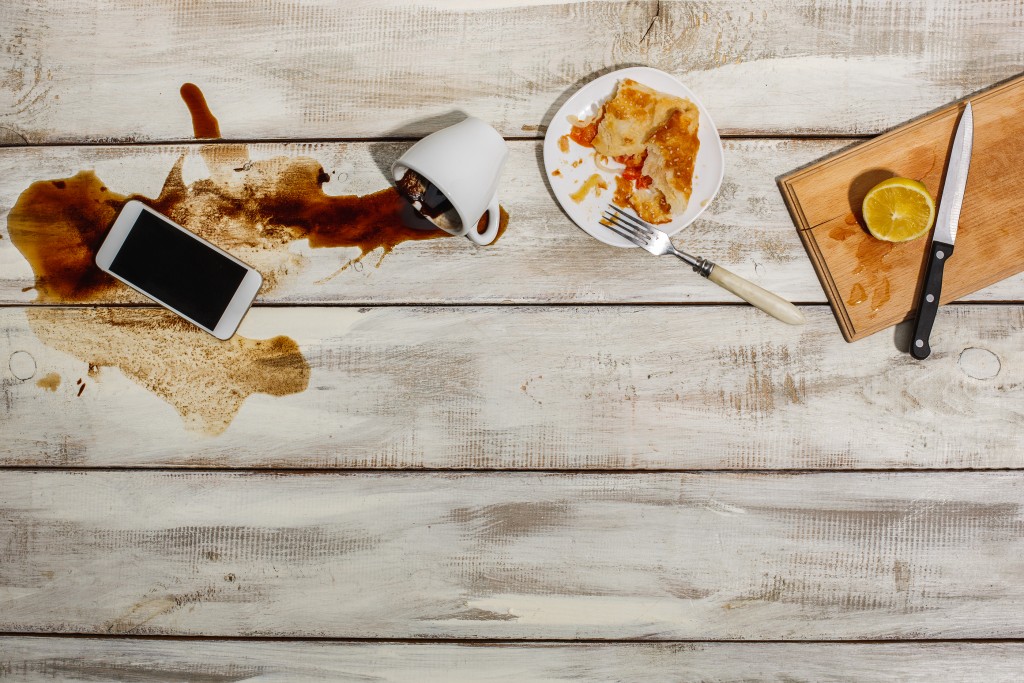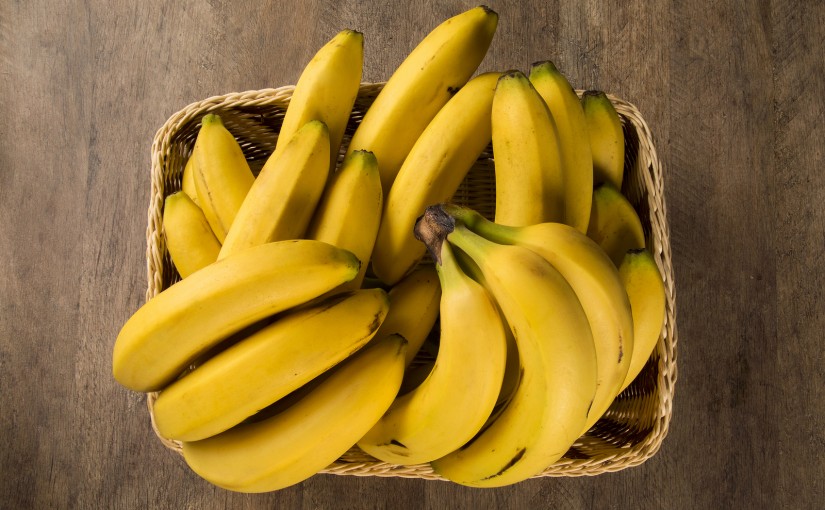The Real Junk Food Project (TRJFP) is a global network which up until this week consisted of over 120 pay as you feel cafes. These fantastic eateries divert food destined for waste and instead use it to create delicious and healthy meals, which customers can pay for in a variety of ways. This week, however, TRJFP set up its first food waste supermarket in Pudsey, Leeds, which is also the first of its kind in the UK.
The project’s founder is Adam Smith, and we have been lucky enough to steal a few minutes of his time to find out a bit more about TRJFP, the Pudsey supermarket, and his thoughts on the problem of food waste.
Continue reading TRJFP: The UK’s first food waste supermarket

